FAQ'sFrequently Asked Questions about VirtualBox
Who are VirtualBox?
VirtualBox is a powerful open-source virtualisation software developed by Oracle Corporation. It allows users to run multiple operating systems on a single machine, enabling them to create and manage virtual machines seamlessly.
What are VirtualBoxs products?
VirtualBox primarily offers a virtualisation platform that allows users to create and manage virtual machines. It supports a wide range of operating systems, including Windows, Linux, macOS, and more.
What services do VirtualBox offer?
VirtualBox provides a virtualisation service that includes features such as VM creation, snapshots, cloning, and shared folders. Additionally, it offers support through community forums and documentation.
What type of companies do VirtualBoxs products suit?
VirtualBoxs products are suitable for a variety of companies, including software development firms, IT service providers, educational institutions, and businesses requiring testing environments for applications.
How much does VirtualBoxs product cost?
VirtualBox is free to use under the terms of the GNU General Public License (GPL). There are no licensing fees associated with its use.
Does VirtualBox offer a free trial?
As VirtualBox is free software, it does not require a trial period. Users can download and use it without any cost or limitations.
What discounts does VirtualBox offer on their products?
Since VirtualBox is open-source and free to use, there are no discounts offered on its products as there are no associated costs.
Are there any hidden fees or additional costs with VirtualBox?
No, there are no hidden fees or additional costs associated with using VirtualBox. It is completely free under the GPL licence.
Who uses VirtualBoxs products?
Users of VirtualBox include individual developers, system administrators, educators, and businesses that require virtualisation for software testing, training, or development purposes.
What are the main features of VirtualBoxs products/services?
- Support for multiple guest operating systems
- Snapshots for saving the state of virtual machines
- Seamless mode for integrated desktop experience
- Cloning capabilities for easy duplication
- Virtual networking options
- Shared folders for easy file transfer between host and guest
How does VirtualBox compare to its competitors?
VirtualBox is often compared to other virtualisation software such as VMware and Hyper-V. It is known for its user-friendliness, extensive OS support, and zero cost, making it an attractive option for users seeking a robust virtualisation solution without financial investment.
Is VirtualBoxs platform easy to use?
Yes, VirtualBox is designed to be user-friendly, with a straightforward interface that allows users to easily create and manage virtual machines. Comprehensive documentation is also available to assist users.
How easy is it to set up VirtualBoxs product or service?
Setting up VirtualBox is relatively straightforward. Users can download the installer from the official website, follow the installation prompts, and create virtual machines with minimal configuration required.
Is VirtualBox reliable?
VirtualBox is generally considered reliable for personal and professional use. It is widely adopted in the industry and regularly updated to address bugs and improve functionality.
Does VirtualBox offer customer support?
VirtualBox does not offer traditional customer support. However, users can access community forums, documentation, and online resources for assistance.
How secure is VirtualBox’s platform?
VirtualBox implements various security features, including support for encrypted virtual machines. However, users are encouraged to follow best practices in securing their host and guest operating systems for optimal protection.
Does VirtualBox integrate with other tools or platforms?
Yes, VirtualBox supports integration with various development and management tools through APIs and command-line interfaces, allowing for enhanced functionality and automation.
Can I use VirtualBox on mobile devices?
VirtualBox is primarily designed for desktop operating systems and is not officially supported on mobile devices. Users typically run it on Windows, macOS, or Linux desktops.
What do users say about VirtualBox?
Users generally praise VirtualBox for its feature set, ease of use, and flexibility. Some users note that while it may not have all the advanced features of paid alternatives, it performs well for most virtualisation needs.
What are the pros and cons of VirtualBox?
- Pros: Free to use, supports multiple OS, user-friendly interface, extensive documentation.
- Cons: Limited support compared to paid alternatives, may lack some advanced features.
How can I purchase VirtualBox’s services?
VirtualBox does not require purchase as it is free software. Users can download it directly from the official website without any cost.
What is the cancellation or refund policy for VirtualBox?
As VirtualBox is free software, there is no cancellation or refund policy applicable.
Who uses VirtualBox?
VirtualBox is used by developers, IT professionals, educators, and hobbyists who require virtualisation for testing, development, or educational purposes.
What are the common use cases for VirtualBox?
Common use cases include testing software in different environments, running legacy applications, educational purposes, and creating isolated environments for secure experimentation.
Why choose VirtualBox over other options?
VirtualBox is a strong choice for users seeking a cost-effective, versatile, and user-friendly virtualisation solution without the financial commitment associated with other platforms.
How easy is it to set up VirtualBox?
Setting up VirtualBox is quite easy, with a simple installation process and guided setup for creating virtual machines, making it accessible for users with varying levels of technical expertise.
Does VirtualBox offer training or tutorials?
VirtualBox provides comprehensive documentation and user manuals on its official website, along with community forums where users can seek help and share knowledge.
What languages does VirtualBox support?
VirtualBox supports multiple languages, allowing users to operate the software in their preferred language, as specified in its settings.
What problems does VirtualBox solve?
VirtualBox addresses the need for efficient software testing, development across different environments, and virtualisation of applications without requiring dedicated hardware.
Is VirtualBox worth the investment?
Given that VirtualBox is free and offers a wide range of features suitable for various use cases, it is considered a valuable tool for individuals and organisations needing virtualisation solutions without a financial investment.







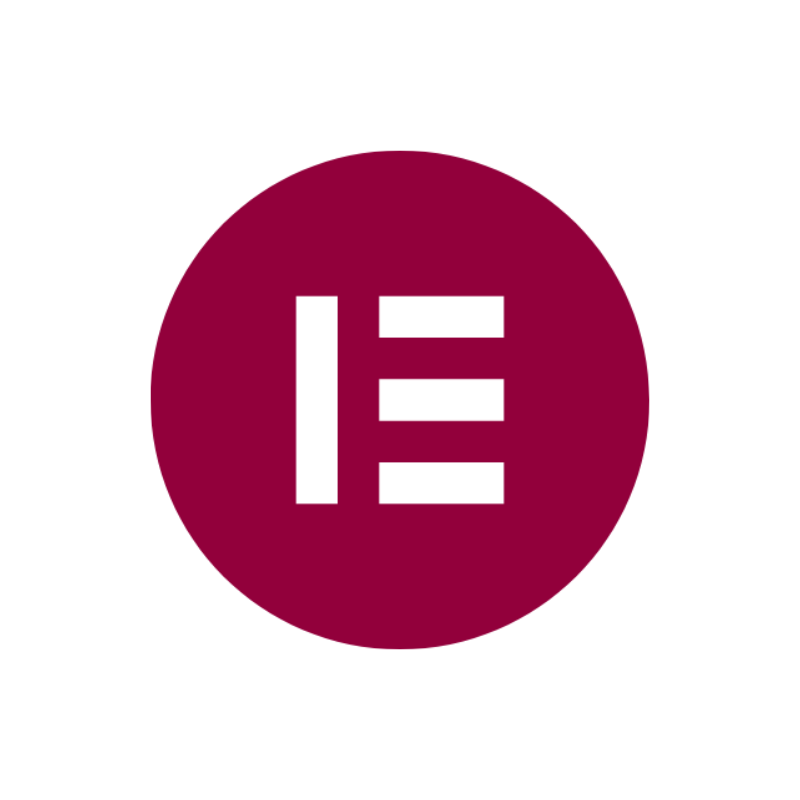


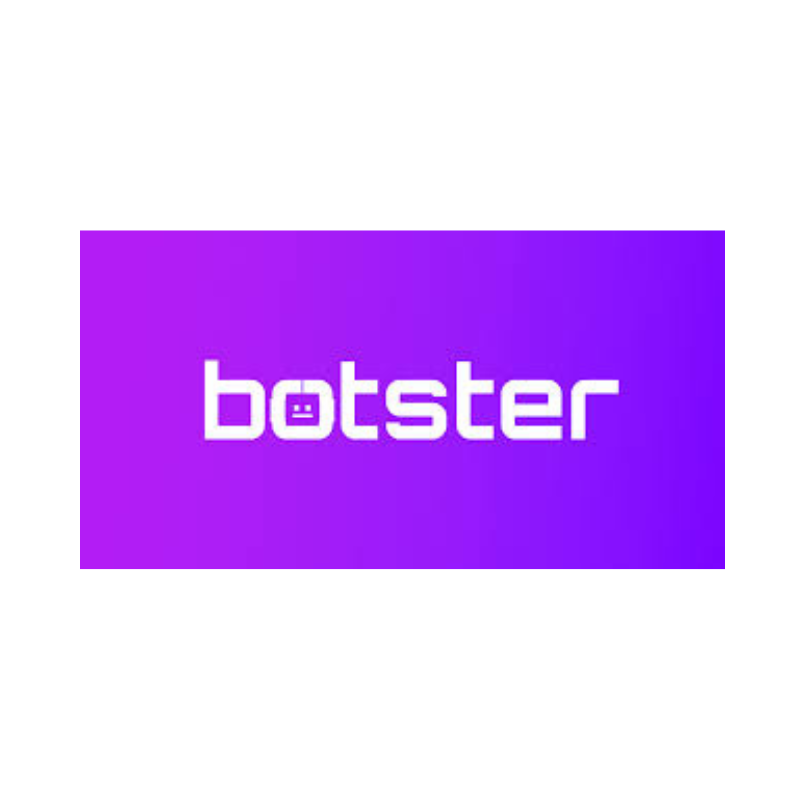
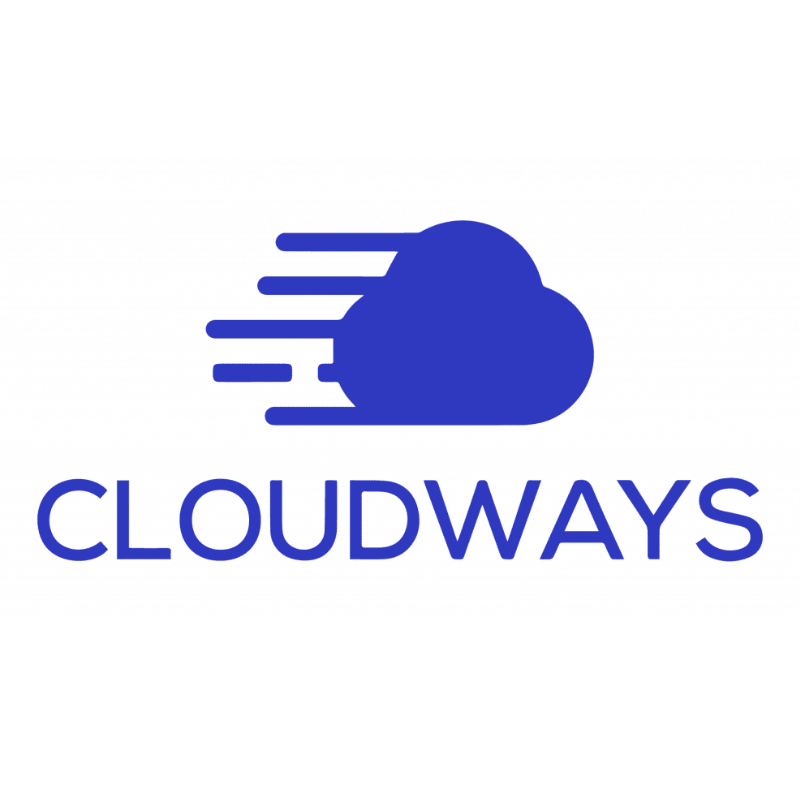
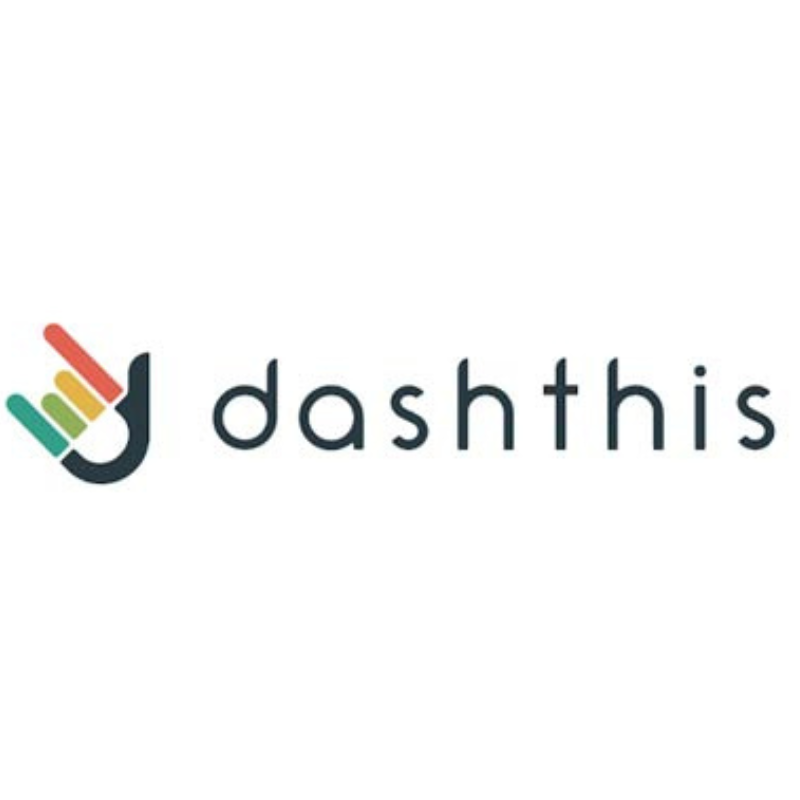
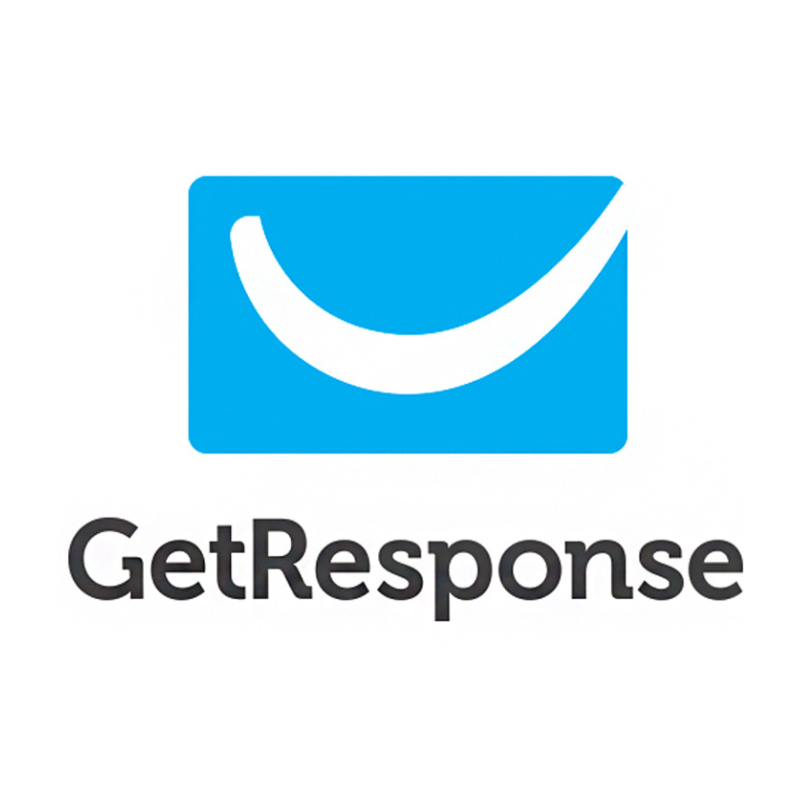
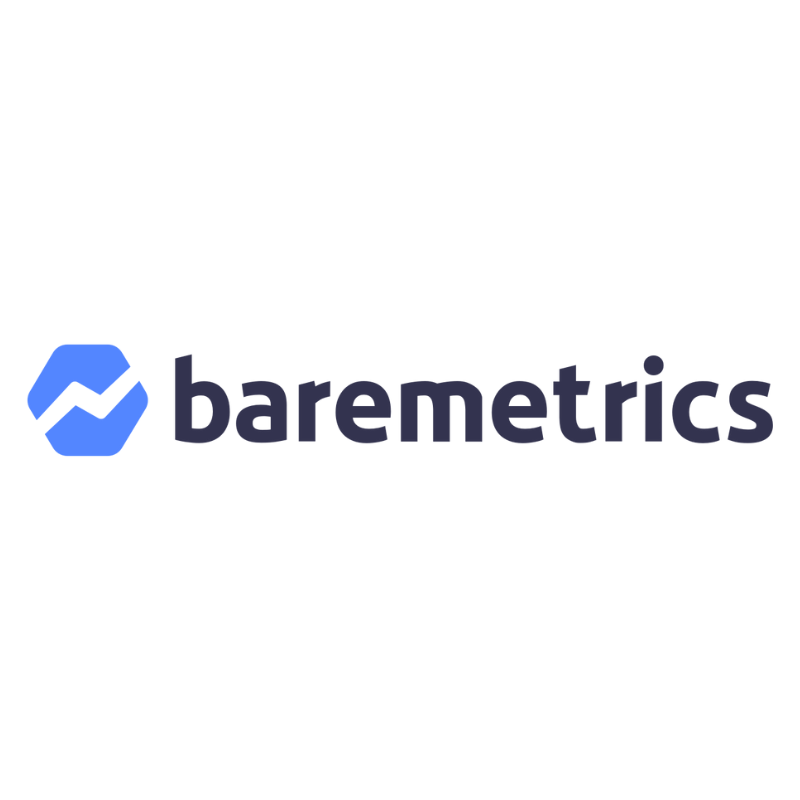
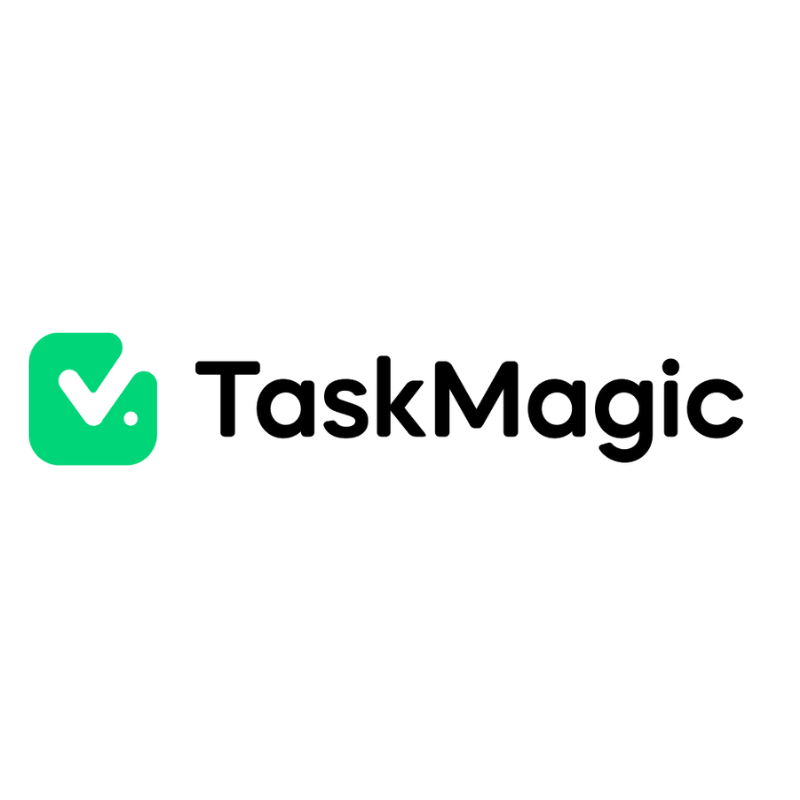


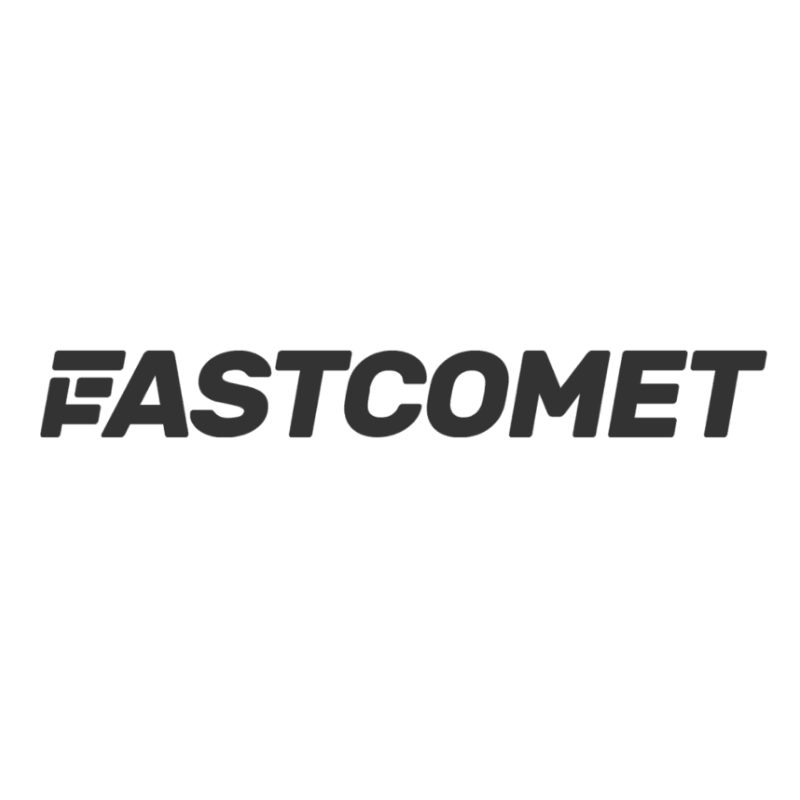


Leave a Reply
You must be logged in to post a comment.